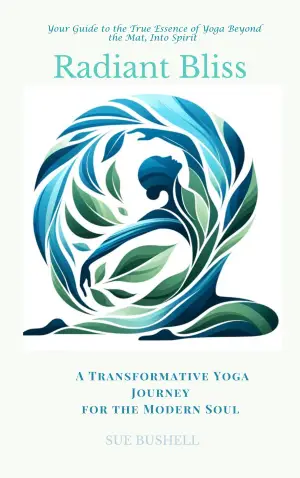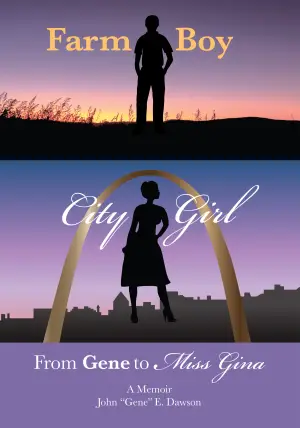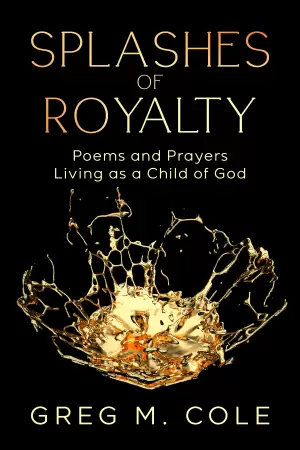A Journey Through Hope: Reflecting on "A Promised Land" by Barack Obama
As I settled into reading Barack Obama’s memoir, "A Promised Land," I couldn’t help but think about the intricate tapestry of life experiences that shape us. Here, in the tale of a young man whose journey led him from the sunlit shores of Hawaii to the historic halls of the White House, is a narrative that speaks to not just Obama’s life, but to the essence of democracy itself. This book promises not just a peek into the life of a former president but also a deep reflection on the pillars of empathy, hope, and resilience that form the bedrock of our society.
From the very first pages, Obama’s candid reminiscences draw you in. He tackles profound themes such as race and class with an honesty that feels personal and relatable. It’s a reminder of his struggles, particularly poignant for those of us who have faced feelings of isolation in our own lives. I found myself particularly moved by his reflections on race, which reveal the questions that plagued him as a young man. His words resonate, challenging readers to consider our own preconceptions and the societal constructs surrounding us.
One passage that stood out to me is when Obama reflects on his own upbringing and its complexities. He writes, “I started asking questions about how it was I’d come to live in a place where few people looked like me," prompting a contemplation of identity that was both enlightening and relatable. This thread of introspection, woven throughout the memoir, developed a connection that felt genuine and uniquely human.
Obama’s intelligent, often humorous writing style kept me engaged, and I appreciated how he interspersed critical moments in his political life—like his journey to the victory in Iowa—with reflections on personal growth. The moment he realizes that perfection isn’t a prerequisite for success resounds clearly: “Not necessarily because I was the most polished candidate, but because we had the right message for the time.” This is a mantra that resonates well beyond the political arena, applying to all of us striving for our goals.
Obama’s meticulous descriptions of his routines, especially on debate days, were delightful. His combination of physical preparation and mental focus is something I found inspirational. Listening to music before stepping into the arena, he shares how “Jay-Z’s ‘My First Song’ and Eminem’s ‘Lose Yourself’” helped him channel his energy into a focused determination. Can’t we all relate to that feeling of needing a little rhythm and purpose in our own endeavors?
Additionally, even amid the weighty content, Obama’s love for his family shines like a beacon. His dedication to carving out family time amidst his demanding schedule is not just admirable; it’s relatable. As he reflects on giving up smoking in response to his daughter’s queries, I found it an intimate picture of the sacrifices he was willing to make, urging us to consider the personal stakes behind public figures.
While the bulk of the book—751 pages—is daunting, the myriad of insights it offers more than compensates for the length. However, I grappled with moments where Obama’s criticism of opponents felt a bit scathing, perhaps overshadowing his usual respectfulness. Yet, these minor missteps do not detract from the book’s overall message; they serve as reminders of the often polarizing nature of politics.
In conclusion, "A Promised Land" is not just a memoir but an invitation to all of us—especially the youth—to engage actively in our democracy. Its relevance is heightened in today’s climate where understanding and empathy are both desperately needed. I wholeheartedly recommend this book to anyone eager to learn about leadership, resilience, and the intricacies of the human spirit. Whether you align with Obama politically or not, his narrative is a testament to the power of hope, making it a sensational read for everyone aiming to create change in their lives or communities. After all, as he eloquently reminds us, “There is not a Black America and a White America and a Latino America and an Asian America. There’s the United States of America.” In these words lies the essence of togetherness we must continue to strive towards.










